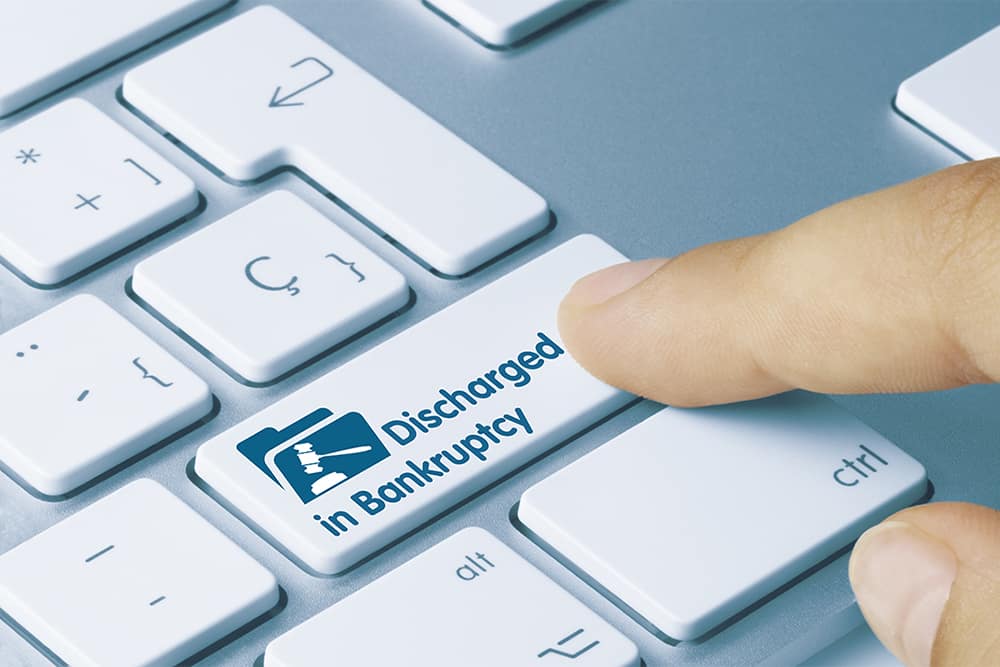
Doing these things can prevent you from getting a Chapter 7 Bankruptcy discharge
Experienced Attorneys Assisting Nampa and Boise Residents File for Bankruptcy
The Bankruptcy code sets forth certain conduct that can prevent you from obtaining a Chapter 7 Bankruptcy discharge. Most of the acts involve some sort of dishonest or careless conduct.
Fraudulent transfer of property can prevent a Chapter 7 discharge
If you have transferred property within the last 12 months “with an intent to hinder, delay or defraud” your creditors, the trustee or your creditors may object to a discharge. Whether an individual has violated this provision is a question of fact and is typically hard for the trustee or creditor to prove to prevent you from obtaining a discharge. The following factors are taken into account when determining whether to deny an individual a discharge to a fraudulent transfer:
(1) family or close relationship between the participants;
(2) lack of consideration for the property diverted;
(3) enjoyment of possession for use and benefit;
(4) financial condition of the debtor before and after the diversion;
(5) cumulative effect of transactions and course of conduct after financial difficulties arise; and
(6) general chronology and timing of events.
In re Boyer, 384 B.R. 44, 48 (D. Conn. 2008), aff’d, 328 F. App’x 711 (2d Cir. 2009).
Bad record keeping
If you have bad record keeping practices, you may be stopped from obtaining a discharge. The creditor and/or trustee may object to a discharge for the unjustified failure to keep or preserve financial records. The failure to keep records must keep the creditor and/or trustee from ascertaining the debtor’s financial condition or business transactions. Further, the trustee will determine whether your bad record keeping was justified under the circumstances so as to forgive said record keeping practices.
If you are missing records, you should try and obtain them before filing for bankruptcy. One of a debtor’s duties is to provide the trustee with a statement of financial affairs. If you are unable to do so, you may want to consider holding off on filing until your records are complete to ensure a smooth bankruptcy process.
Lying to the Court
The following acts can keep you from obtaining a discharge:
(1) making a false oath or account;
(2) presenting or using a false claim;
(3) giving, offering, receiving, or attempting to obtain money, property, or advantage, or a promise of money, property, or advantage, for acting or forbearing to act; or
(4) withholding recorded information, including books, documents, records, and/or papers relating to the debtor’s property or financial affairs from an officer of the estate that is entitled to possession of the withheld item.
In addition to failing to obtain a discharge, lying to the court can subject you to criminal penalties.
Failure to explain a loss of property
If you have lost property or there is some deficiency that hinders your ability to repay your creditors, the trustee may require you to explain the loss or deficiency. If you cannot explain the loss or deficiency satisfactorily, the trustee or creditor may object to you obtaining a discharge.
Contact us to speak with one of our experienced bankruptcy attorneys to discuss your specific situation. We are here to help you!

